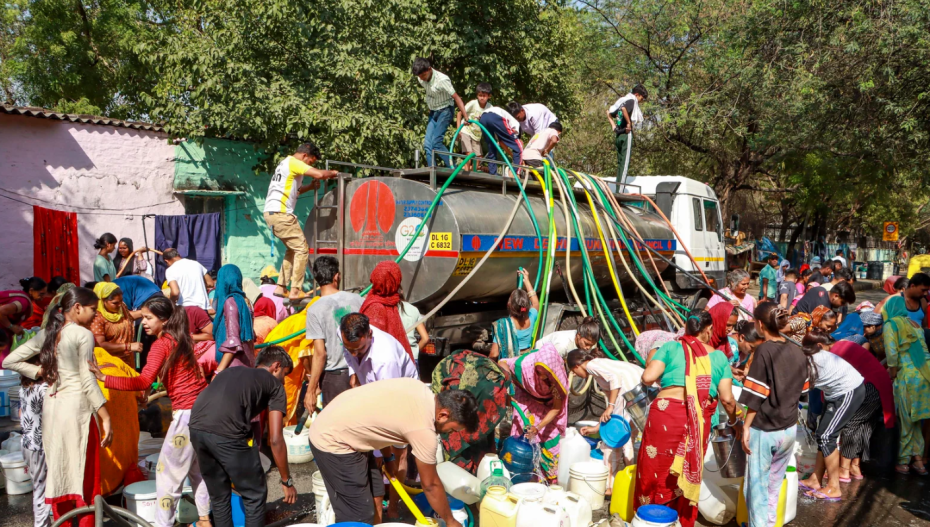Water availability in the 150 major reservoirs across India has further decreased to just 21 per cent of their entire live storage capacity as a result of the intense heat that has been pounding vast portions of the nation for the past few weeks.
The latest bulletin issued by the Central Water Commission (CWC) includes the current storage status of 150 major reservoirs located across India.
Collectively, the live storage capacity of these reservoirs, which are essential for hydroelectric projects and water supply, is 178.784 billion cubic metres (BCM), or around 69.35 per cent of the entire live storage capacity created across the entire country.
As of Thursday, these reservoirs have 37.662 BCM of live storage available, or 21 per cent of their entire capacity. Compared to the estimated 257.812 BCM total capacity, the total live storage available throughout the 150 reservoirs is 54.310 BCM.
This marks an important decline from the same period last year, when the live storage was 46.883 BCM. The 10-year average (normal) storage of 41.446 BCM is likewise less than current storage.
Consequently, the present storage is 80 per cent of last year’s levels and 91 per cent of the normal storage for this period. For the past two weeks, the reservoirs were at 22 per cent to 23 per cent the week before that. A severely prolonged heat wave continued to grip parts of northern and eastern India, resulting in water stress in several areas of the nation, including the capital. The southern region continues to be the most affected in terms of reservoir capacity.
Also Read: AMC’s Special Treatment for Retired Bureaucrat at Kalhaar Exotica Society










